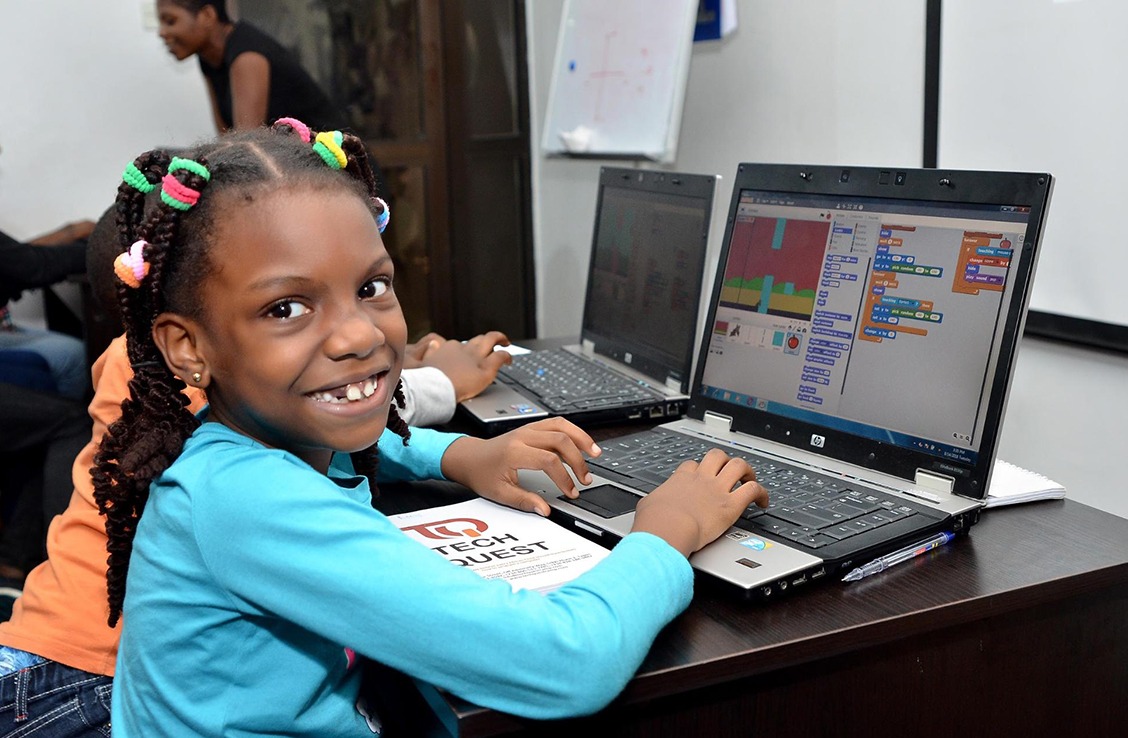
“Children learn as they play.
Most importantly, in play children learn how to learn.”
~ O. Fred Donaldson, Ph.D., play researcher
Are you a mom or dad who sets education as a top priority for your kids? Weldone! You’re doing great. But guess what? Learning is fun when your child does it smart!
So the hectic school term is over, the kids are home for the holidays, and you’re wondering how to ensure they don’t while away their time play alone. But devote some of that time to their school work.
In this blog, we’ve picked 3 simple tips that’ll help you strike that balance.
Want to help your kids balance study and play? Here’s how

- Create an accommodating structure for them
Kids are the worst when it comes to prioritising. Once you’ve introduced certain games or play to your children, they’d want to stay on it for hours on end. But, as a parent, you are going to need to strike a balance between study and play. This will help them maximize and prioritize the things that are of urgency or most important. It’ll help to draw up a timetable schedule and help them follow through with it. - Consider these elements when selecting the games
Before you choose a game for your child, there are certain elements you’d need to consider.
– Is it a virtual or physical game? If it is virtual, how friendly, attractive, and intuitive is the interface?
– How old is your child? Are they old enough to play a certain game, or do they need your assistance?
– What is your child’s personality? Is he/she a numbers person, or more of a wordsmith? Do they like adventure? Or maybe they like music.

- Don’t Ignore Your child’s Attention’s Span
Every child is different and it is important to understand your child’s attention span before chalking out a structure or schedule. Depending on your child’s attention span, you will be able to tell not only the time that the child needs to study but also the slots of the day that will for your child.
If you have smaller kids (between 3 – 10years old), research says a fifteen-minute study slot followed by an hour of play, and then another fifteen minutes of academics will work perfectly for them. Your older kids could put in up to two hours of study and then go on to pursue their choice of game or play about the same time.
Every parent wants their child to excel in life. Now that’s a no-brainer. But you have to help them find the right balance between organized academic activity and fun educational play. Do this and you can be sure you’re helping to promote a well-rounded learner. In the long run, your kids will definitely learn to strike this balance themselves, and once they do, they are bound to move towards success.
Confused? Don’t exactly know where to start? Click HERE.
Share Post:
admin
Get our latest articles in your inbox. Sign up for email alerts.



